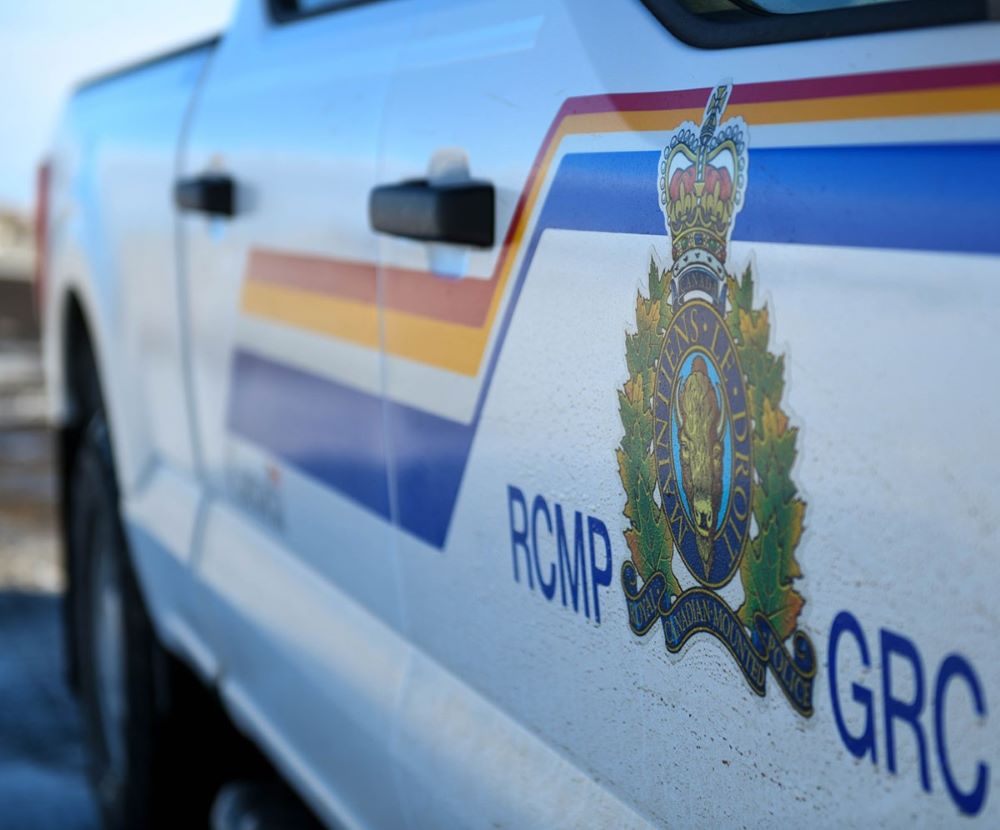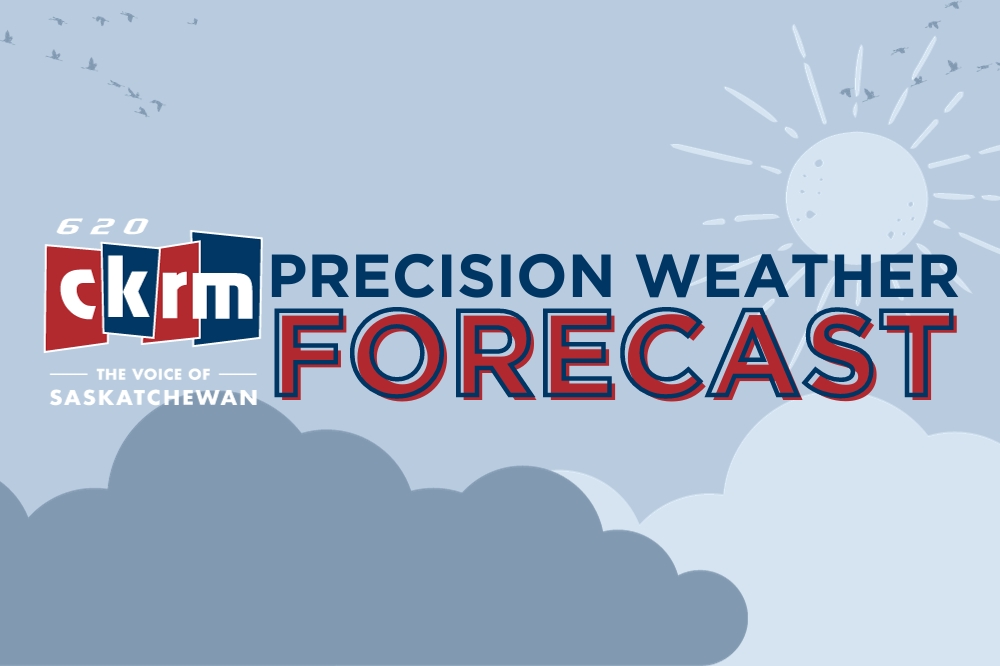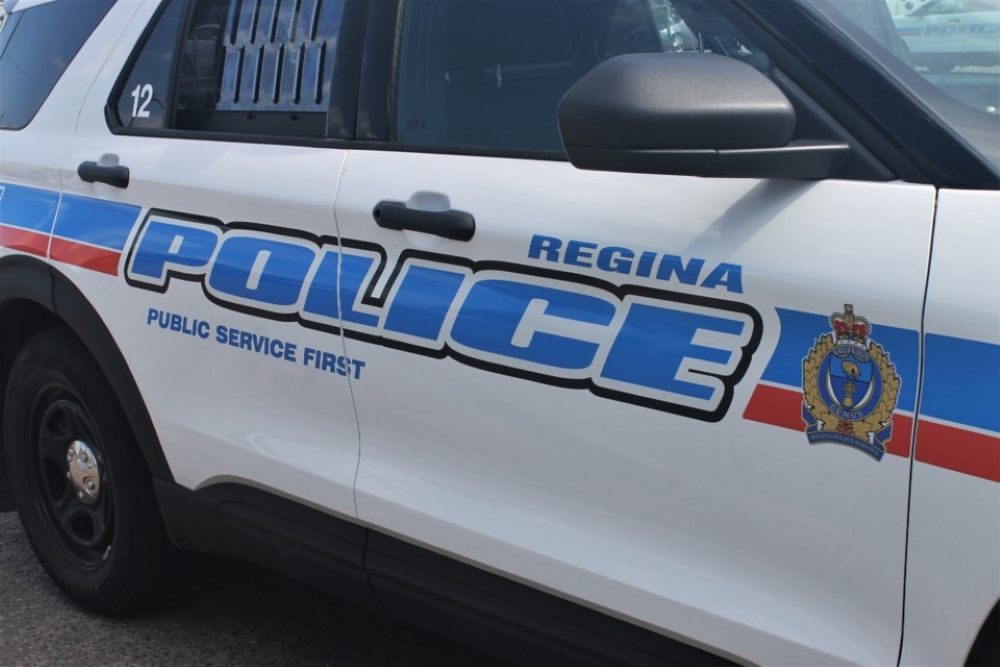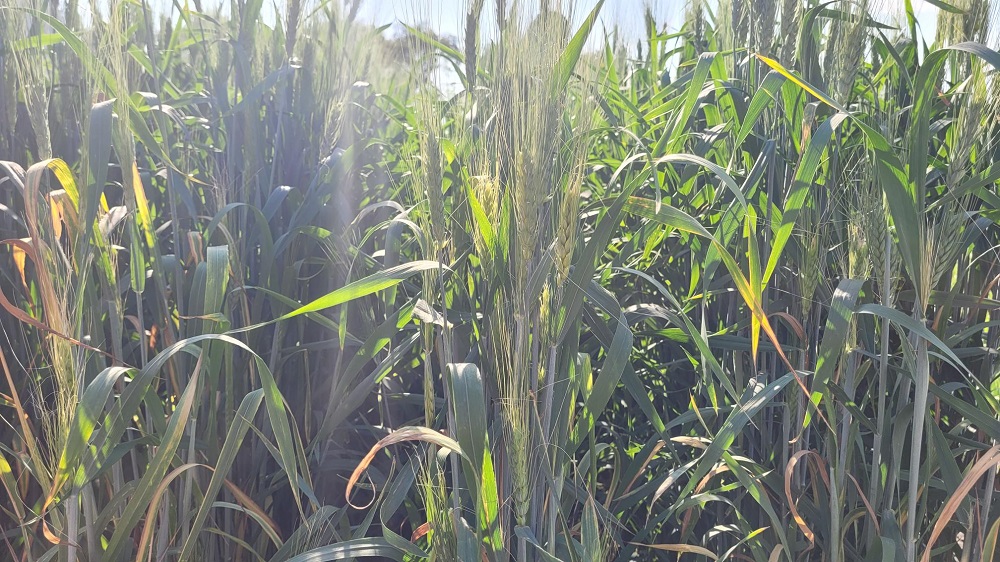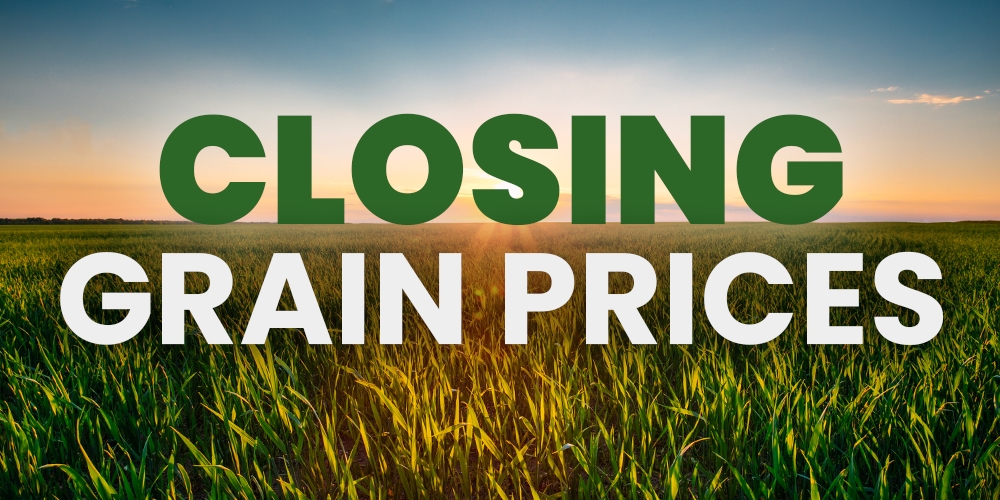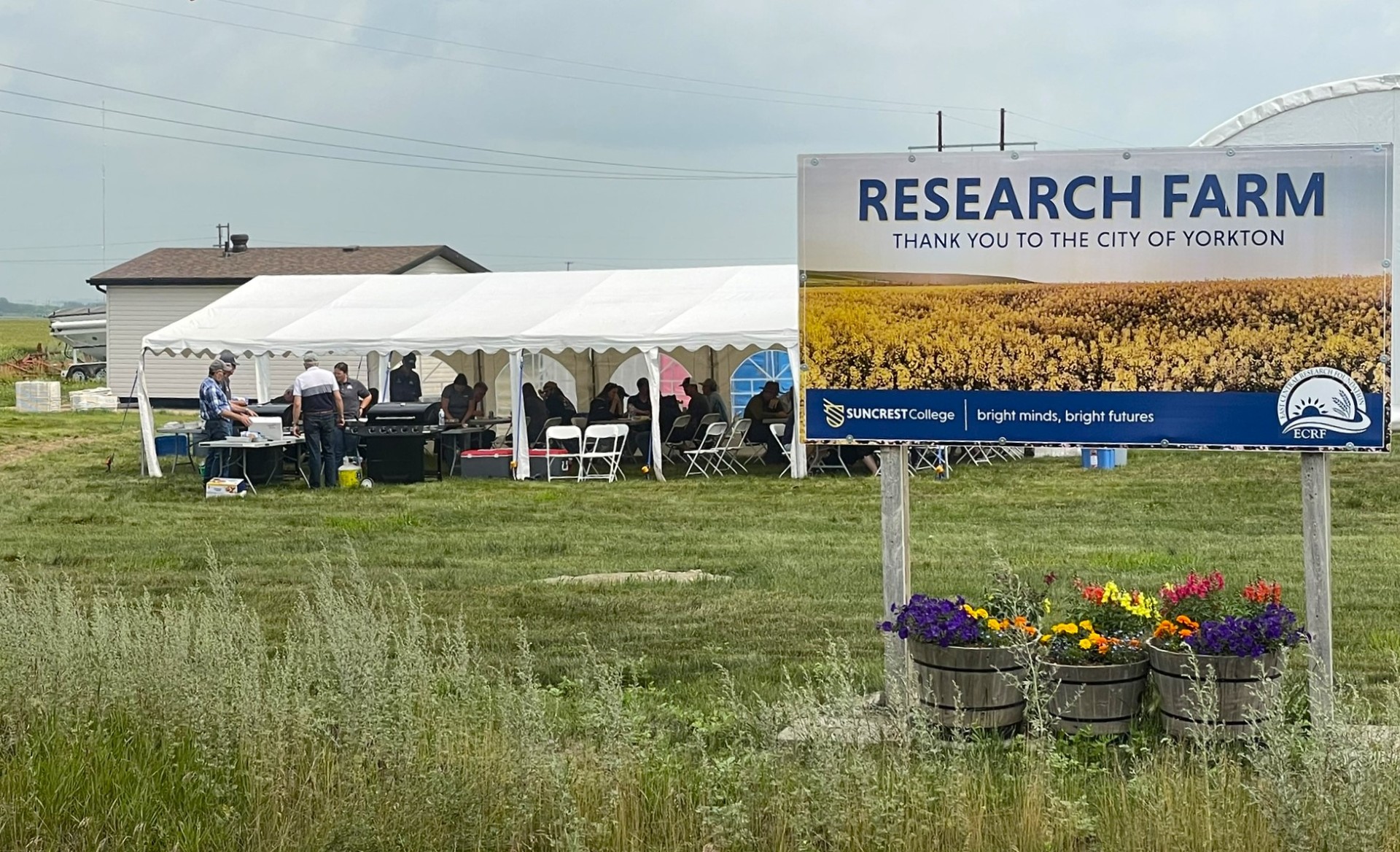The Saskatchewan Alliance for Water Sustainability (SAWS) and the Sask. NDP Critic for the Water Security Agency, raised concerns Monday of the WSA’s Agricultural Water Stewardship Policy.
SAWS says the policy lacks, among other things, requirements to restore drained wetlands, and “no explicit plan to improve water quality already damaged by wetland drainage and other inappropriate land uses, or restore previously-drained wetlands which recharge groundwater supplies, fight climate change, improve water quality, reduce impacts from flooding and drought, and sustain biodiversity.”
The organization claims that rather than implementing requirements to restore drained wetlands, “the WSA states that they will maintain existing drainage and create new wetland drainage projects.”
SAWS add that the policy “prioritizes agricultural development over all other water uses, ignores treaty rights of First Nations, and creates a hierarchy in which economic development is paramount.”
Speaking on World Environment Day at the McKell Wascana Conservation Park in Regina, Aura Lee, the Chair of SAWS, told reporters there needs to be a wetland conservation policy in place, otherwise there is a negative trickle down effect.
“Through rigorous Saskatchewan research, we have learned that wetland destruction causes downstream flooding, infrastructure damage, and degrades water quality, increasing toxic (algae) blooms, which we are seeing,” said Lee. “This lack of regulation causes loss of income, loss of infrastructure, and changing how the hydrology of water works on our land. But even more it is affecting our mental health, it causes those people downstream (to have) sleepless nights, they have fear and anxiety, and we are a province that prides itself on neighborliness , so when we don’t have regulation the neighborliness is gone.”
When asked what a wetland policy looks like in her opinion, Lee said “it would look at water quality…making sure that what’s coming down stream is good water quality for everybody, and quantity – making sure that businesses are not being impacted, people are not having their insurance rates go through the roof.”
“It would be creating neighborliness, and it would need regulation, absolutely has to have regulation.” she added.
Clint Blyth is a retired professional geologist and a rancher from the Pipestone Creek Valley, southeast of Moosomin. He also spoke at yesterday’s news conference, pointing out some watersheds in the province rely on wetlands.
“That’s what supplies the baseflow for those streams, so there’s water in those streams in the summertime. If you drain the majority of the land and it all runs off in ten days from the spring, or get a big rainfall event, it’s gone in ten days. That water in this glacial till-type soil, it doesn’t have time to soak in enough to recharge the aquifers that provide the baseflow for our rivers and lakes and streams in Saskatchewan. All you’re going to get is the quick surface runoff if you happen to live where there’s a lake or a dam on it – yeah you’re going to get some of that – but these people realize what’s happening to that water quality.” Blyth explained.
“The wetlands in Saskatchewan, especially in the Parkland and the southeast, that’s our glaciers, that’s our snowpack equivalent to what’s feeding the Saskatchewan River. We’re relying on glacier melt and snow pack to provide irrigation water for Diefenbaker and power generation, that kind of thing. The rest of Saskatchewan in the south, we don’t have that, so every one of those wetlands out there, that’s our source of storage for water that will help us when there’s drought” he continued.
The NDP Critic for the Water Security Agency Erika Ritchie claims Saskatchewan is the only province without a wetland conservation policy.
“We’re not alone in these calls. Saskatchewan municipalities have been forced to create their own policies and have been calling for a province-wide strategy for several years,” Ritchie said. “Our Provincial Auditor has flagged the need to develop policies around wetland retention and water quality.”
The Provincial Auditor’s 2021 report says, among other things, the Water Security Agency needs to improve enforcement of unapproved drainage projects. Ritchie agreed with that assessment.
“There are policies in place right now that are not being put into effect. It’s complaint based, it’s a system that is basically effectively results in no action on the part of this government to put a stop to that drainage; and farmers, other corporate entities know that, they know that they can continue to ignore it because there is no enforcement, and you need to send a strong clear signal that the policies currently in place need to be followed.” Ritchie said.
The Saskatchewan Alliance for Water Sustainability is undertaking a letter-writing campaign to urge Premier Scott Moe to develop a wetland policy similar to Alberta and Manitoba first, “followed by the agricultural water policy to ensure that all people in the province will benefit from sound water management.”



